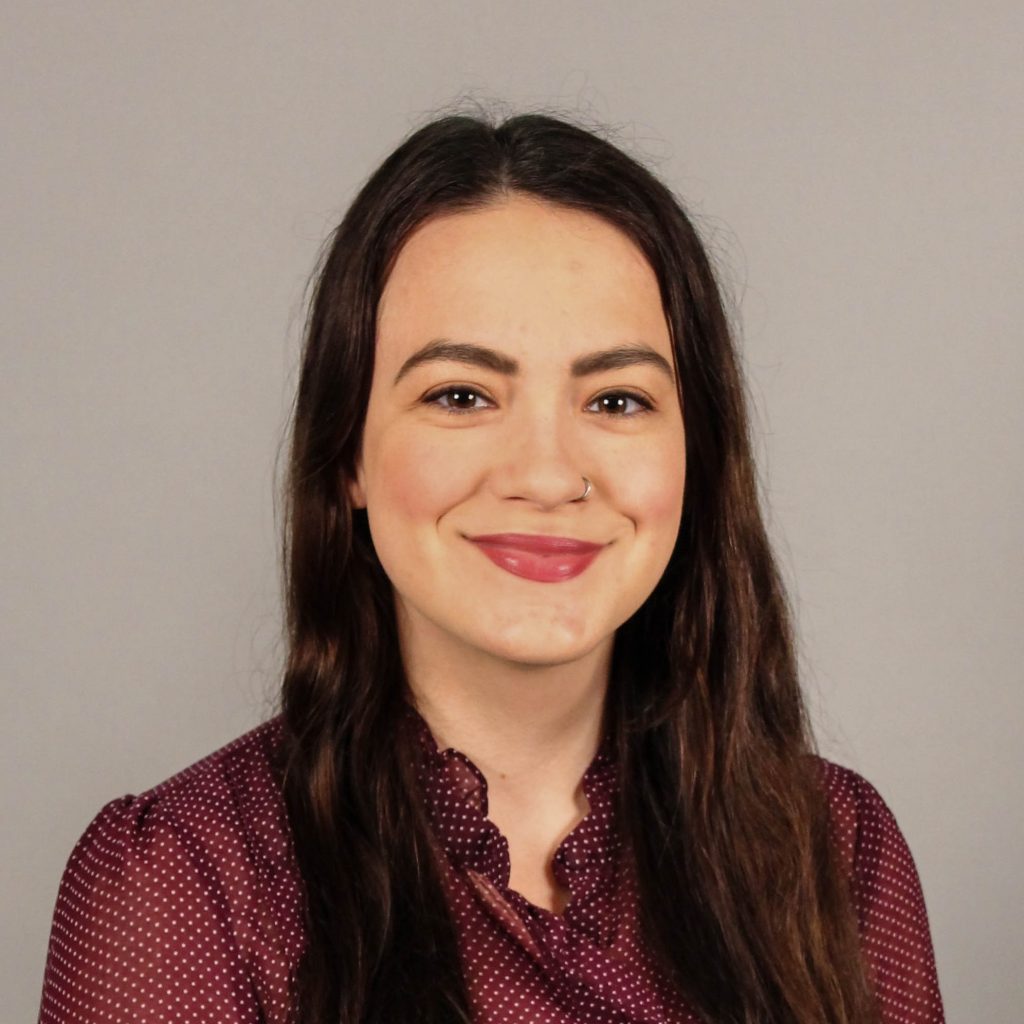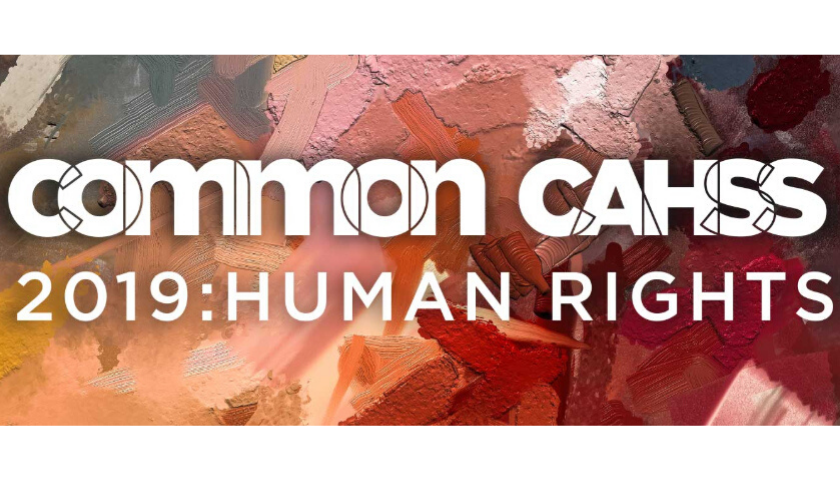On December 10, 1948, the United Nations General Assembly adopted the Universal Declaration of Human Rights. Join the College of Arts, Humanities, and Social Sciences (CAHSS, pronounced “cause”) on Tuesday, December 10th, 2019 in a day-long recognition at the UW-Green Bay campus marking the 71st anniversary of this historic occasion.
Common CAHSS is a free event that will include panels, performances, and a powerful presentation from keynote Rais Bhuiyan. Learn more and register here!
I spoke with some of the people involved with Common CAHSS about how the event came to be and their vision for the day and beyond.
- Dr. Chuck Rybak: Dean of the College of Arts, Humanities, and Social Sciences and Professor of English and Humanistic Studies
- Dr. Ryan Martin: Associate Dean for the College of Arts, Humanities, and Social Sciences and Professor of Psychology
- Dr. Alise Coen: Professor of Political Science
Alise, you approached Chuck and Ryan about human rights, specifically, right? Why that topic?
Alise: Yes, the initial focus on human rights as a theme is an interesting origin story. At the time I was teaching a segment of my Intro to Politics course where we dealt with some intense topics related to conflict, terrorism, refugees, and genocide. Many of the students in my class had lots of different majors or were undeclared, and I was trying to bring the issues to life in ways that could resonate more broadly. I remember one day I showed a clip about Syrian and Iraqi children in refugee camps creating art murals as a coping mechanism to help with trauma. That same class I included some examples of organizations focused on mental health and breaking down psychological barriers to peace-building. I even worked in an example about a Rwandan radio soap opera that has helped in the aftermath of the Rwandan genocide to build tolerance between Tutsis and Hutus. My students seemed really engaged by these different examples, and in class conversations I found myself emphasizing how all of these components – art, psychology, creative performance – intersect with politics and with human rights. My own research also focuses on human rights issues, and I know first hand how multidisciplinary this arena is. So human rights seemed like a valuable starting point for delving into a pressing local and global theme that draws on an incredibly wide range of fields.
Chuck, when you asked Ryan and Alise to organize this, what were you envisioning? What was your goal for the event?
Chuck: I had first envisioned this as being a “circus,” and I mean that in a good way. The kind of event where you could go to different areas and see or hear something completely different from what you had just witnessed. The diversity of programming and expression in our college is so diverse, that my goal was to capture that diversity in as exciting and as visible a way as possible.
Alise, you’ve been responsible for the programming? Are there particular topics you’re excited about?
Alise: That is a great question. I’ve been so immersed in the program drafting at times I realized I needed to step back from scheduling, room location details, etc. to just take it all in! We have so much amazing content woven into the day, and I think it reflects how much expertise there is in the CAHSS and in our communities. We have faculty and staff bringing their scholarship and training into some powerful sessions on issues like racial apartheid, mental health, gender equality, and climate. And it’s always exciting to have students presenting their own projects and creations. We even have alums drawing on their experiences since graduation to contribute! While I can’t choose any one conference topic as a favorite, I will say I hadn’t originally anticipated getting to include improv and musical performances oriented around human rights themes. It just reinforces how much creativity has gone into this.
So, what are you all most excited about for the day?
Ryan: All of it. There are so many talented people in our college, and it’s an honor to be able to put together an event like this to show off their amazing work. From the live podcasts to the improv class to the art gallery, I cannot wait. It’s going to be amazing.
Chuck: Honestly, I cannot wait to just be there and listen and learn. Given my position now, it’s refreshing for me to be in spaces where I am a pure spectator, just taking in what other people have to offer.
Alise: Aside from the conference sessions, there are two other things I’m really grateful to have included in the day. First, I’m so glad we have participation from community and nonprofit organizations that are doing hands-on human rights work. When I think about students and community members getting to learn what work is being done locally and what these types of human rights-related careers look like – be it in a local sexual assault center or a nationally known group like Habitat for Humanity – it brings home the value of this event for me. The second thing is the evening keynote. A lot of work went into bringing Rais Bhuiyan here, and in recent weeks I’ve been reminded far more than I would like by troubling news events how important his story is for issues of non-discrimination, religious freedom, and freedom from violence. To have the survivor of such a brutal hate crime attack share his experiences in translating victimhood into an empowering trajectory of human rights work seems to me an ideal way to wrap up the day’s activities.
Ryan and Chuck, how do you see Common CAHSS unfolding in the future? What do you want next year? The year after? And so on?
Chuck: I’m not sure, as that depends on how this year goes. My inclination with things like this are to be open to possibilities, as well as to the input and feedback from the range of people connected to the event, especially the organizers.
Ryan: I want this to become a signature event for our college. My hope is that each year, the faculty, staff, and students of CAHSS work together to establish a cause we are interested in building an event around. I want to- in a very public way- show people how the majors in CAHSS can contribute to these very important conversations.
Alise, Chuck, and Ryan also wanted to thank the entire planning committee for Common CAHSS 2019. You can learn more about the organizers here.

By Hannah Malmberg
Intern for the College of Arts, Humanities, and Social Sciences
